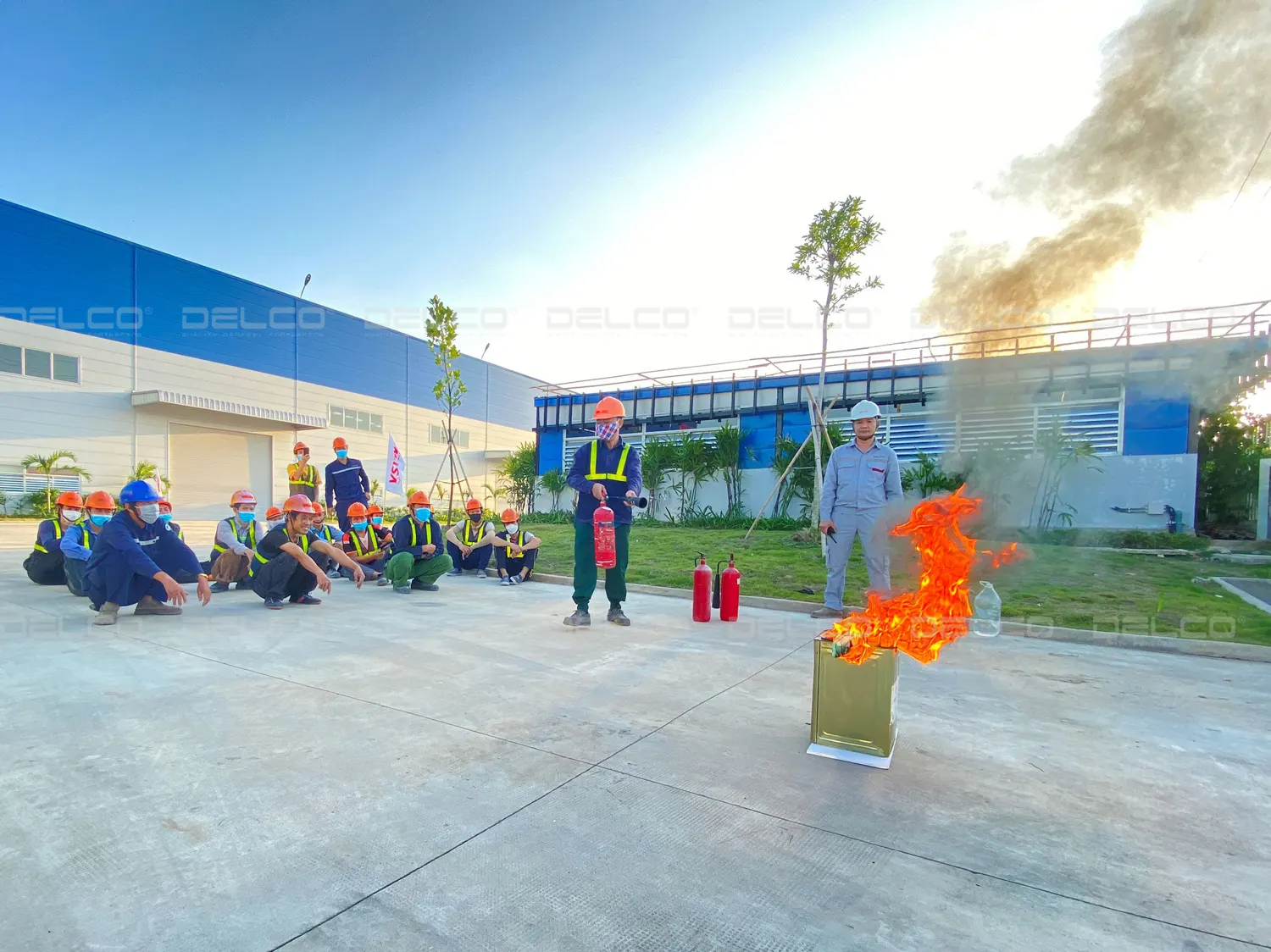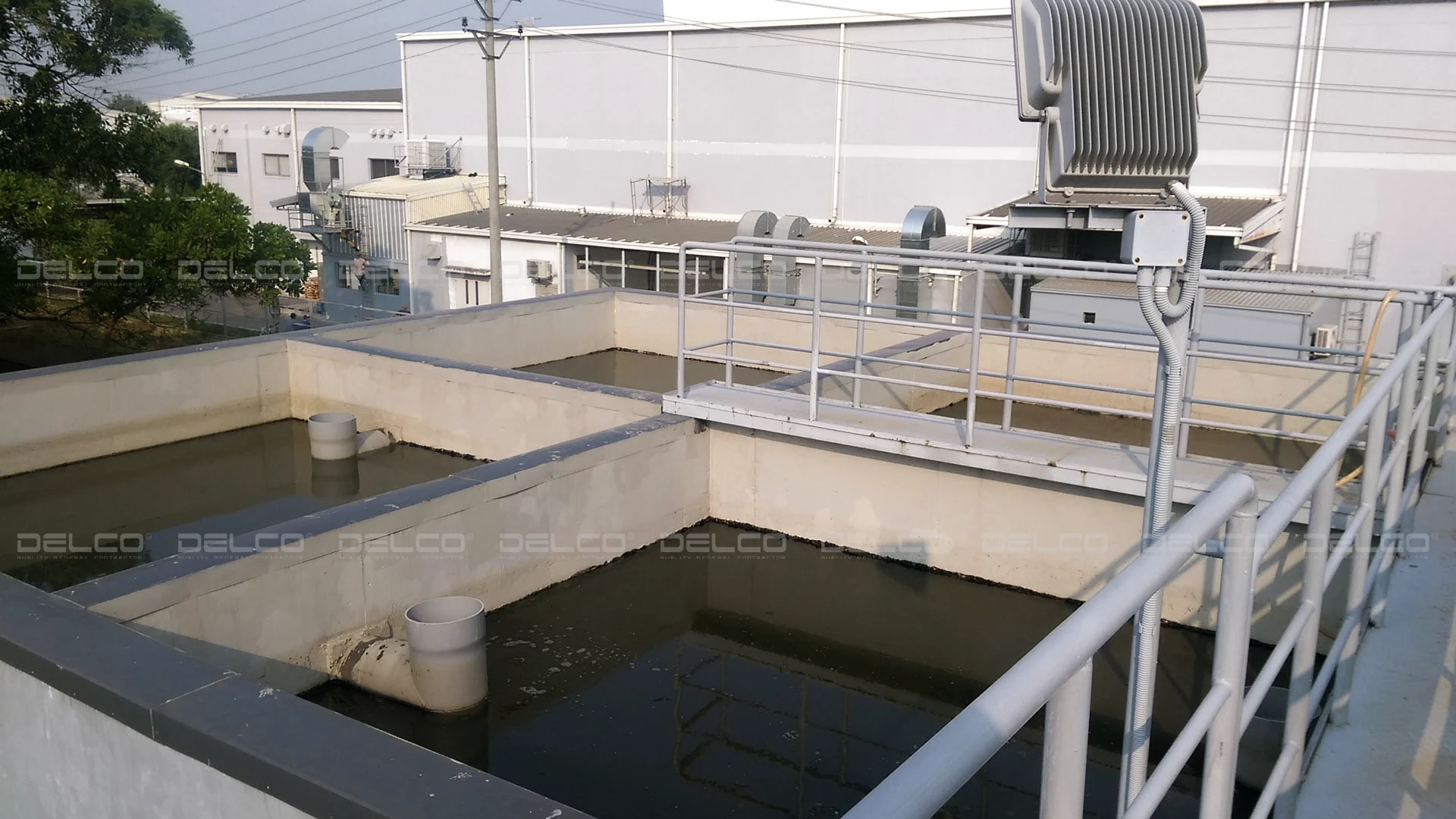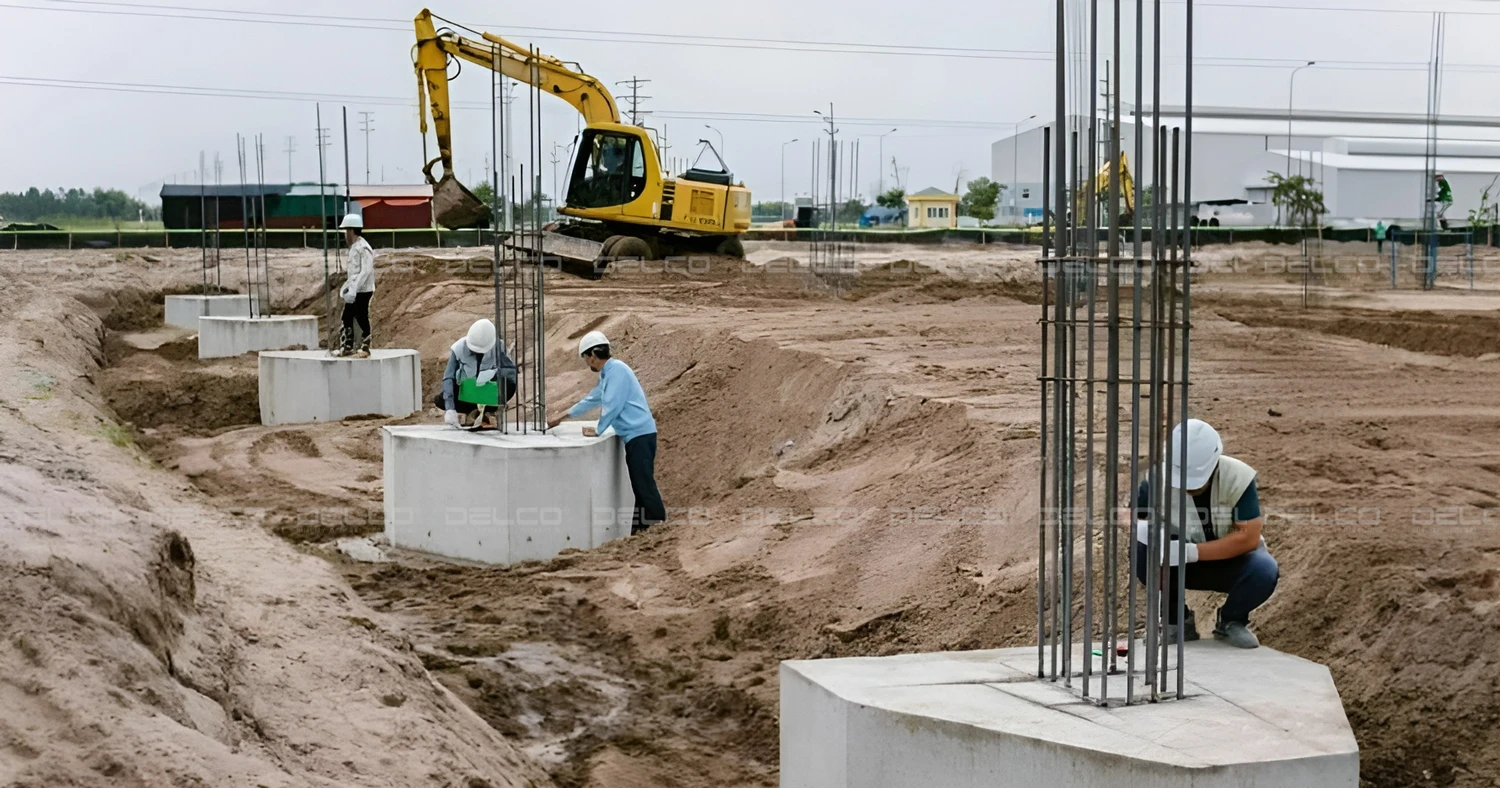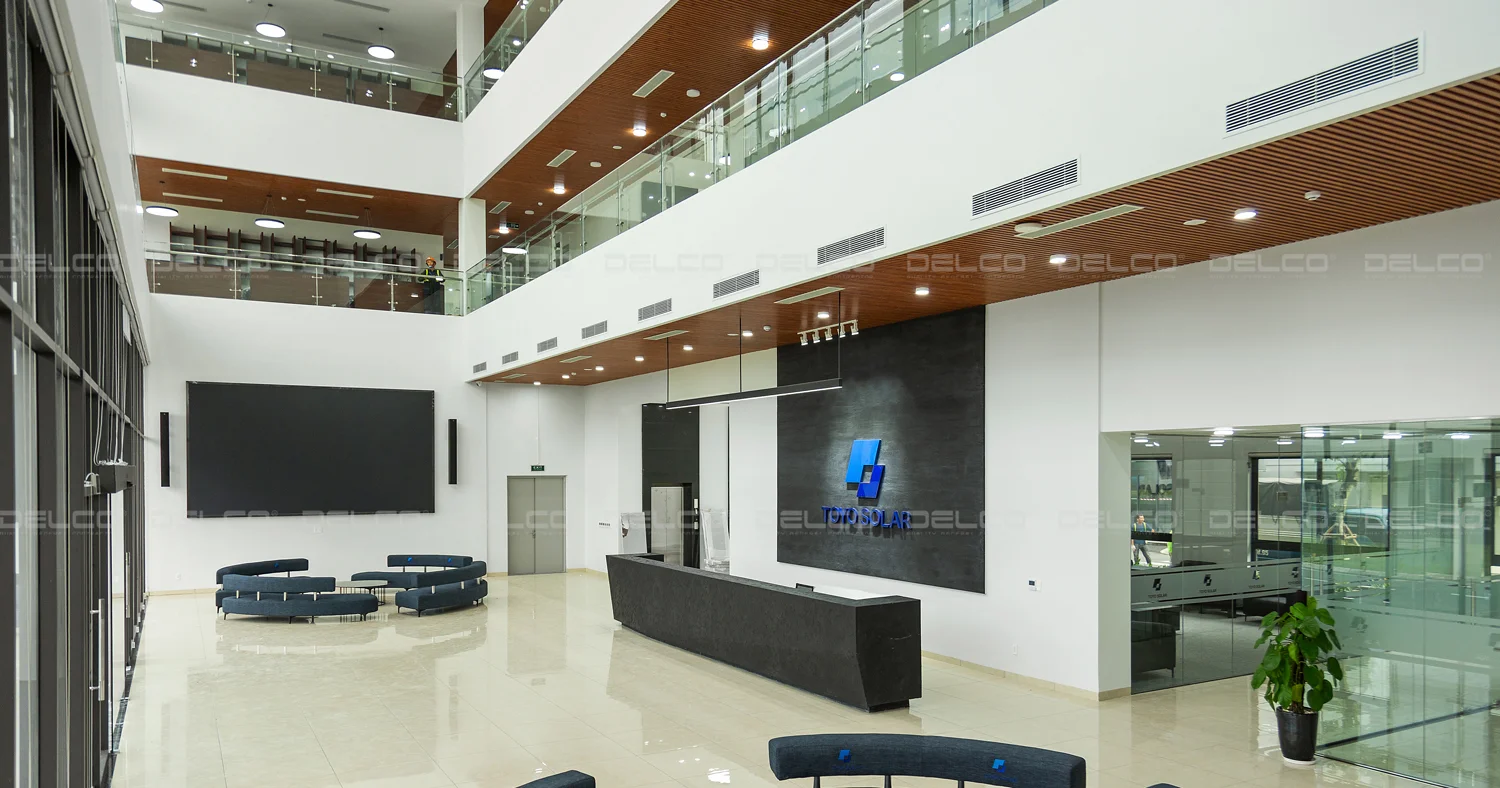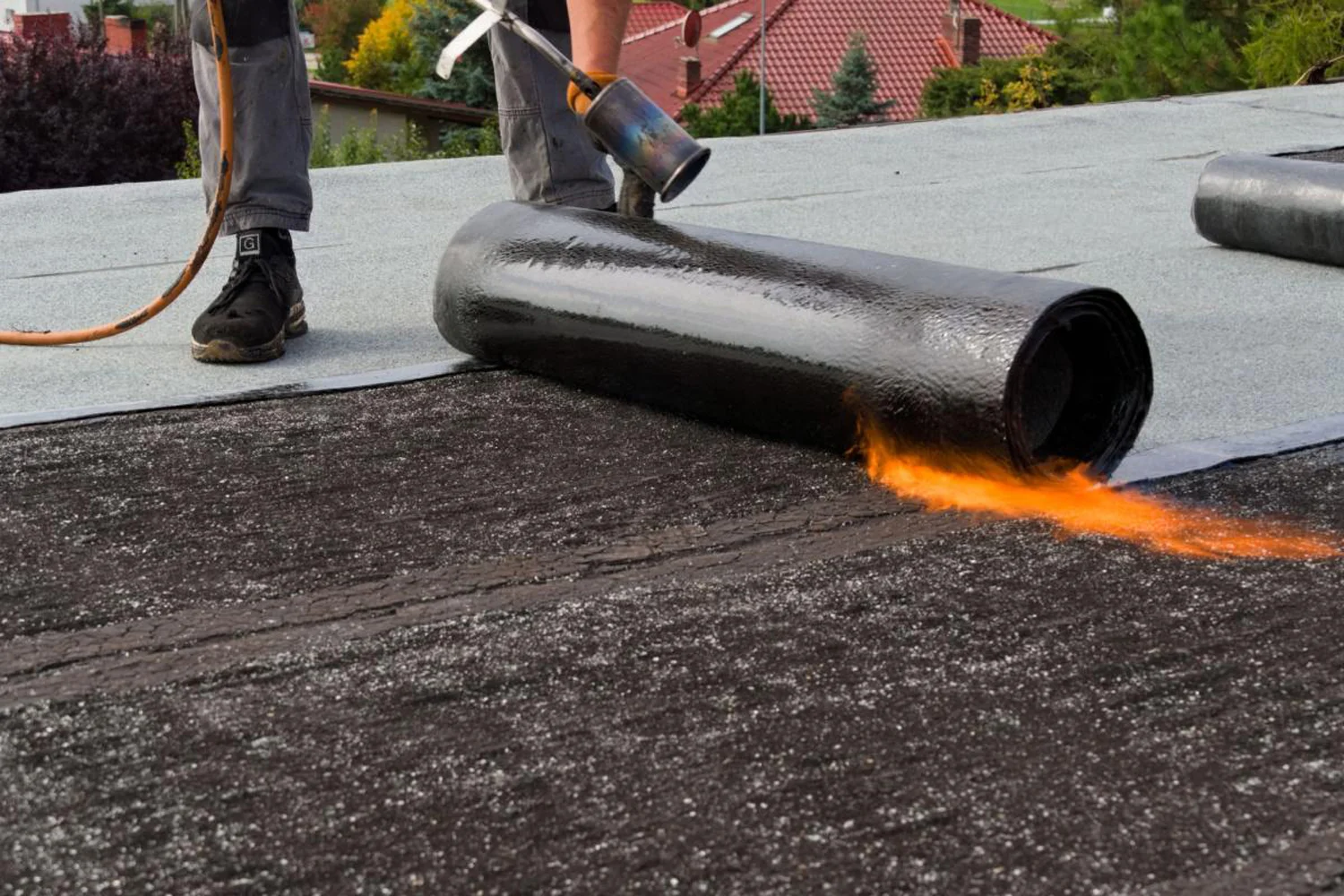Each contractor has different industrial factory construction quotations, due to different capacities and strengths as well as construction quality. Therefore, when looking for a construction contractor, the investor should set the price criterion that always goes with quality, choose a reputable, responsible and professional contractor.
Main factors influencing the industrial factory construction cost
In addition to factors such as geology, topography, design requirements, construction materials, schedule, … the factory construction cost is also determined by:
Ground leveling costs

In the quotation, this is one of the initial costs of the project and usually accounts for about 1% of the total factory construction cost. The construction contractor will be responsible for leveling the soil, sand, removing organic grass on the surface, leveling the construction site, constructing auxiliary works (construction road, electricity and water supply). ,..) and temporary works on site for living and operating (if any).
Cost of construction of work items
The cost of construction of work items includes the cost of materials, labor (from the stage of rough construction to completion), the cost of renting machinery, implementing construction meathods …

Careful measurement and detailed dissection of the construction workload of each item, specifying the amount of materials, labor, etc. is an important basis for determining the industrial factory construction quotation, avoiding shortage/excess of materials and labor, affecting the schedule as well as optimizing costs for the investor.
Project management costs
Expenses for implementation, construction supervision, project management from the stage of survey, preparation until completion and handover of the project, putting the factory into operation. According to Circular 12/2021/TT-BXD stipulating, the norm for management of industrial construction investment projects is determined by the percentage multiplied by the total cost of construction and equipment (excluding VAT).
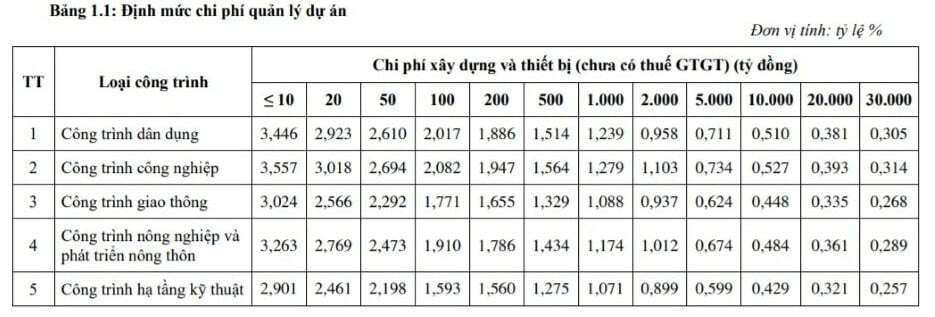
Normally, the construction contractor usually calculates the management cost based on the salary of the Site Manager. For a project of VND 200-300 billion, the average management cost is VND 4.8 – 5 billion, for a project of VND 50 – 100 billion, the average management cost is VND 1.5 billion. This cost can increase or decrease, depending on the complexity of the project, or the completion schedule…
Optimizing factory construction costs
Each contractor has different quotations, due to different capacities and strengths as well as different construction quality. Therefore, when looking for a construction contractor, the investor should set the price criterion that always goes with quality, choose a reputable, responsible and professional contractor, both to ensure good quality construction and optimize factory construction costs.

As a Design – Build General Contractor specializing in the implementation of Lump Sum Turnkey Contracts, providing investment rates to construct a factory package, DELCO’s clients are mainly FDI investors: DORCO VINA (Korea), GS Battery (Japan), Channel Well Technology (Taiwan), … DELCO always carefully balances all costs, ensuring a fixed contract value that does not change throughout the process from bidding to completing construction, implementing the quality project as committed without incurring any additional costs outside the agreed contract and design.


